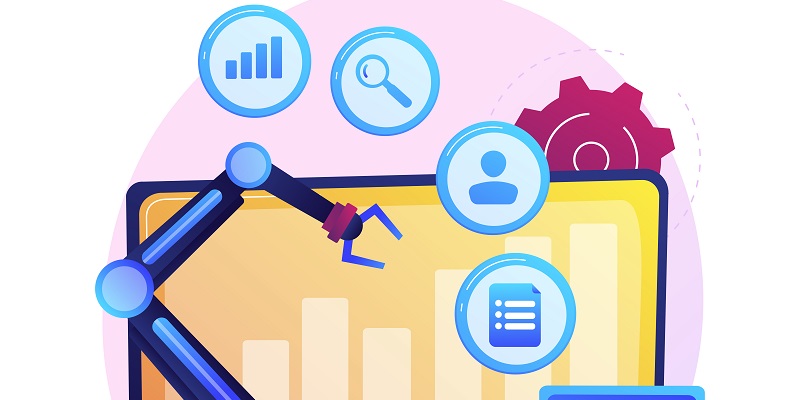The business landscape in Sri Lanka has become increasingly competitive in recent years, and companies are recognizing the importance of customer experience (CX) in retaining customers. CRM companies in Sri Lanka have realized the role of CX and the need for customer retention to drive business growth. One way to enhance customer retention and improve overall customer experiences is through the integration of CRM and Marketing Automation software. In this article, we will discuss the benefits of this integration for Sri Lankan businesses.
The Importance of CX in CRM Companies in Sri Lanka
CX has become a key differentiator for businesses in today’s competitive market. CRM companies in Sri Lanka understand this and focus on providing exceptional CX to engage and satisfy customers for the long haul. However, providing smooth and satisfying customer experiences is not easy, especially with the increasing number of touchpoints between businesses and customers. This is where integration of CRM and Marketing Automation can help.
The Benefits of Using CRM for Sales and Marketing Teams
CRM software offers a centralized platform for managing and storing customer data, allowing sales and marketing teams to streamline their processes and enhance their activities. The right CRM can act as a treasure trove of valuable insights, which can be used to improve communication and personalization efforts. Additionally, CRM can help teams identify potential customers and sales opportunities more effectively.
How Integrating CRM and Marketing Automation can Provide Smooth and Consistent Customer Journeys
One of the key benefits of integrating CRM and Marketing Automation is the ability to provide consistent and seamless customer journeys. The integration allows customer data to flow between systems in real-time, enabling sales and marketing teams to identify and anticipate customer needs and preferences. This information can then be used to personalize customer interactions, reduce churn, and improve overall CX.
The Vast Potential of Data-Driven Insights with CRM and Marketing Automation Integrations
Integrating CRM and Marketing Automation software offers vast potential for data-driven insights, including problem detection. By analyzing multiple data points from customer interactions, businesses can gain a better understanding of customer preferences, purchase patterns, and even anticipate customer behavior. This information can be used by sales and marketing teams to develop better-targeted campaigns and promotions.
The Use of Customer Insights for Understanding Team Performance in Attracting and Retaining Customers
CRM and marketing automation integration can also provide insights into team performance in attracting and retaining customers. By analyzing data across different teams and departments, businesses can identify areas of strength and weaknesses. This information can be used to develop targeted training programs to improve the overall team’s performance.
The Importance of Identifying the Underlying Problem before Embarking on Integration:
Before a business embarks on integrating its CRM and Marketing Automation software, it is crucial to identify the underlying problem that needs to be solved. Integration is not a one-size-fits-all solution, and businesses should work with their software development teams to identify the specific requirements for their organization.
Coordination between the software development team and external vendors on integrating CRM and marketing automation software is essential to ensure seamless integration. This involves establishing clear communication channels, defining responsibilities, and establishing timelines for implementation and testing. By working together, businesses can ensure that the integration process is smooth and efficient.
Continuous Monitoring and Evaluation of Newly Integrated Platforms
Once the CRM and Marketing Automation software integrations are completed and implemented for use, it is crucial to continue monitoring and evaluating their effectiveness. This involves continuous evaluation and analysis of the data generated to ensure that the integration is delivering on its objectives. Regular reviews and adjustments can support ongoing improvements in customer retention, CX, and sales.
Removing Silos Through Real-Time Data Flow with Integrated CRM and Marketing Automation Software
Integrated CRM and Marketing Automation software can remove data silos by enabling a real-time flow of the latest data from one application to another. This ensures that both sales and marketing teams are notified of updates as they happen, reducing errors, and ensuring consistency between teams.
Integrating CRM and Marketing Automation software is a critical strategy for businesses in Sri Lanka that seek to retain customers while providing exceptional customer experience. By adopting a comprehensive approach that accounts for team performance, identifies underlying issues, coordinates between software development teams and external vendors, and continuously evaluates and adjusts the integration, businesses can reap the benefits of integration, including seamless customer journeys, data-driven insights, and improved sales and marketing efforts.

